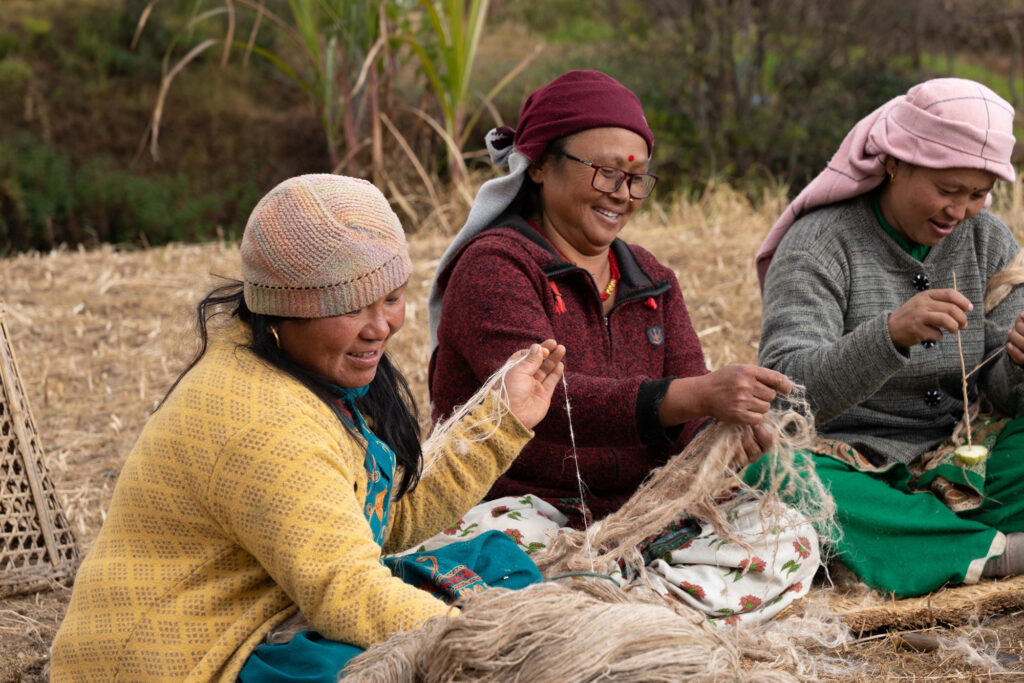
Sustainable Rugs from Nepal
Nepali Sustainable Rugs Eco-friendly approach to sustainable living
Committed to a sustainable manufacturing process
NP Rugs seeks to continuously improve its entire production chain in balance with nature. We are always looking for ways to improve: from our raw materials and manufacturing processes, we have been adopting a series of initiatives to improve all our processes. All our products are manufactured in Nepal, with sustainable and innovative materials and solutions and whenever possible, with local supply. The beauty and comfort you experience with each of our rugs comes along with a conscious choice for a brand that works based on a philosophy for a sustainable future and being able to support local artisans and our community.
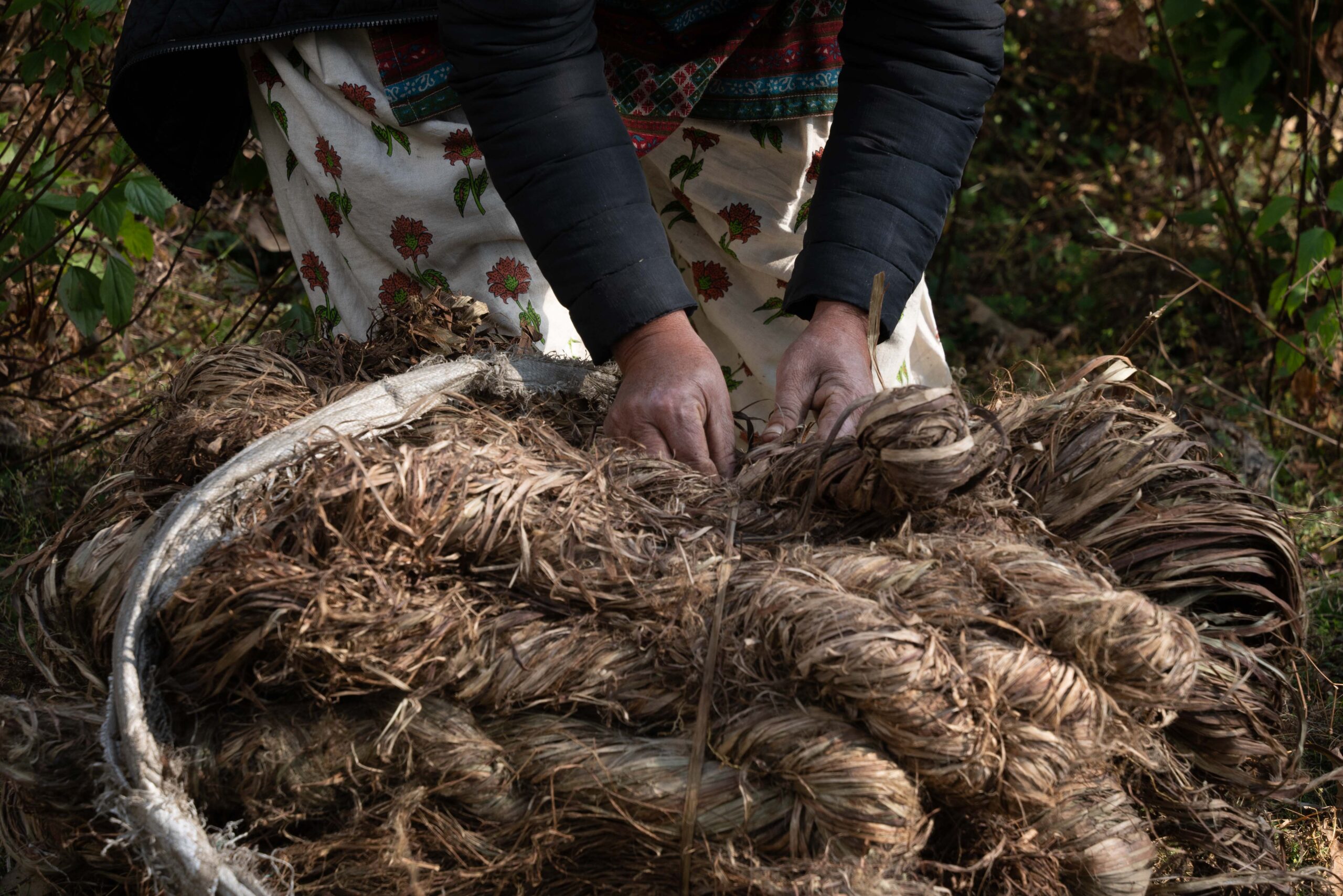
Plant Based Rugs process
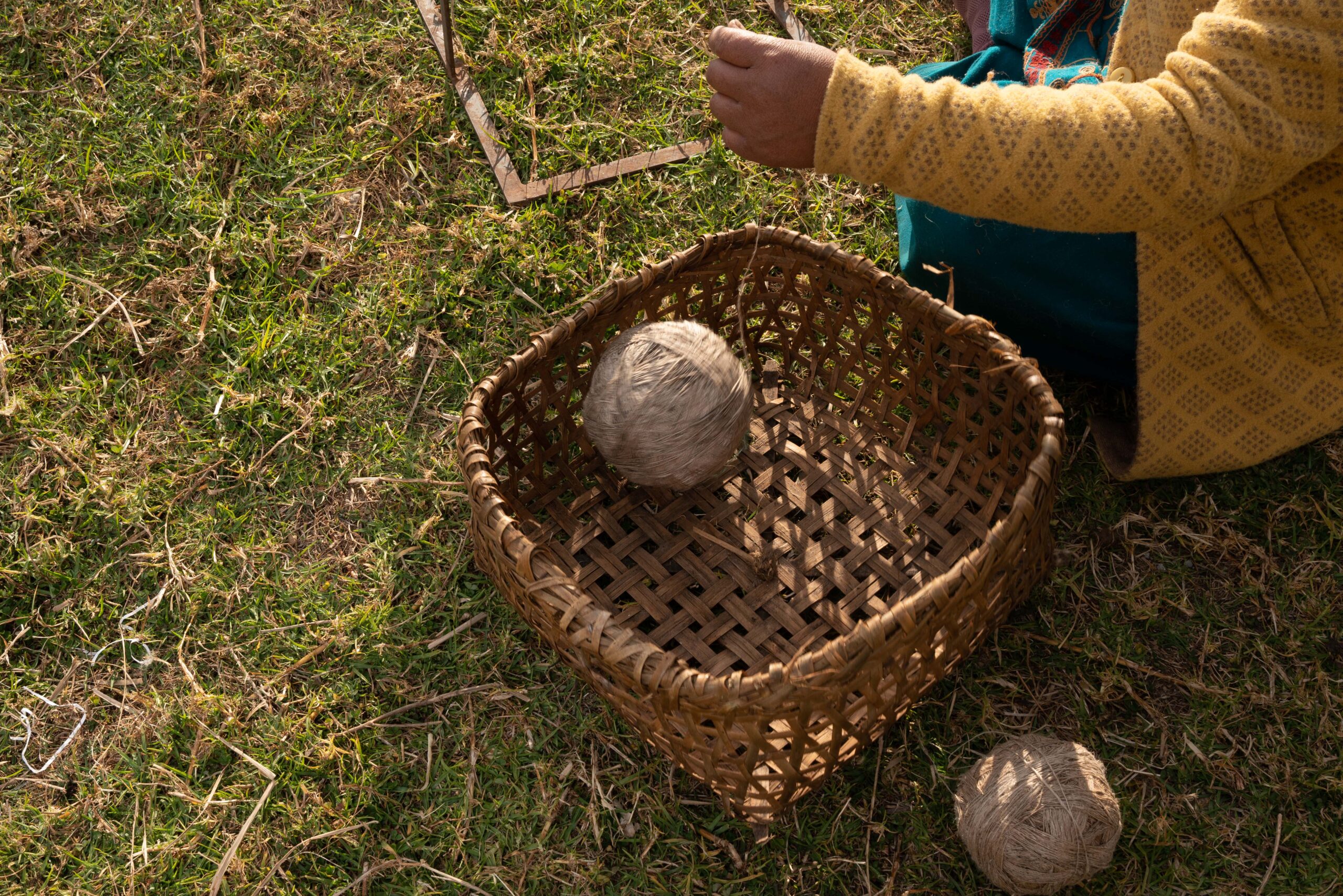
Our Nettle Rugs are a great example of plant-based rugs in Nepal
From diverse lands come natural treasures: resilient wool, shimmering silk, and rare fibers like nettle, hemp, and bamboo. Beyond the nomadic regions, skilled artisans carefully source and craft these materials, giving life to every Nepalese rug’s unique story.
Many local herders and their families have been maintaining a sustainable grazing approach to support pasture regeneration for the sheep, control weed infestation, and enhance soil health by using natural fertilizers. This approach not only yields high-quality wool but also provides herders with a sustainable income, fostering long-term farm management while ensuring the sheep are properly taken care of.
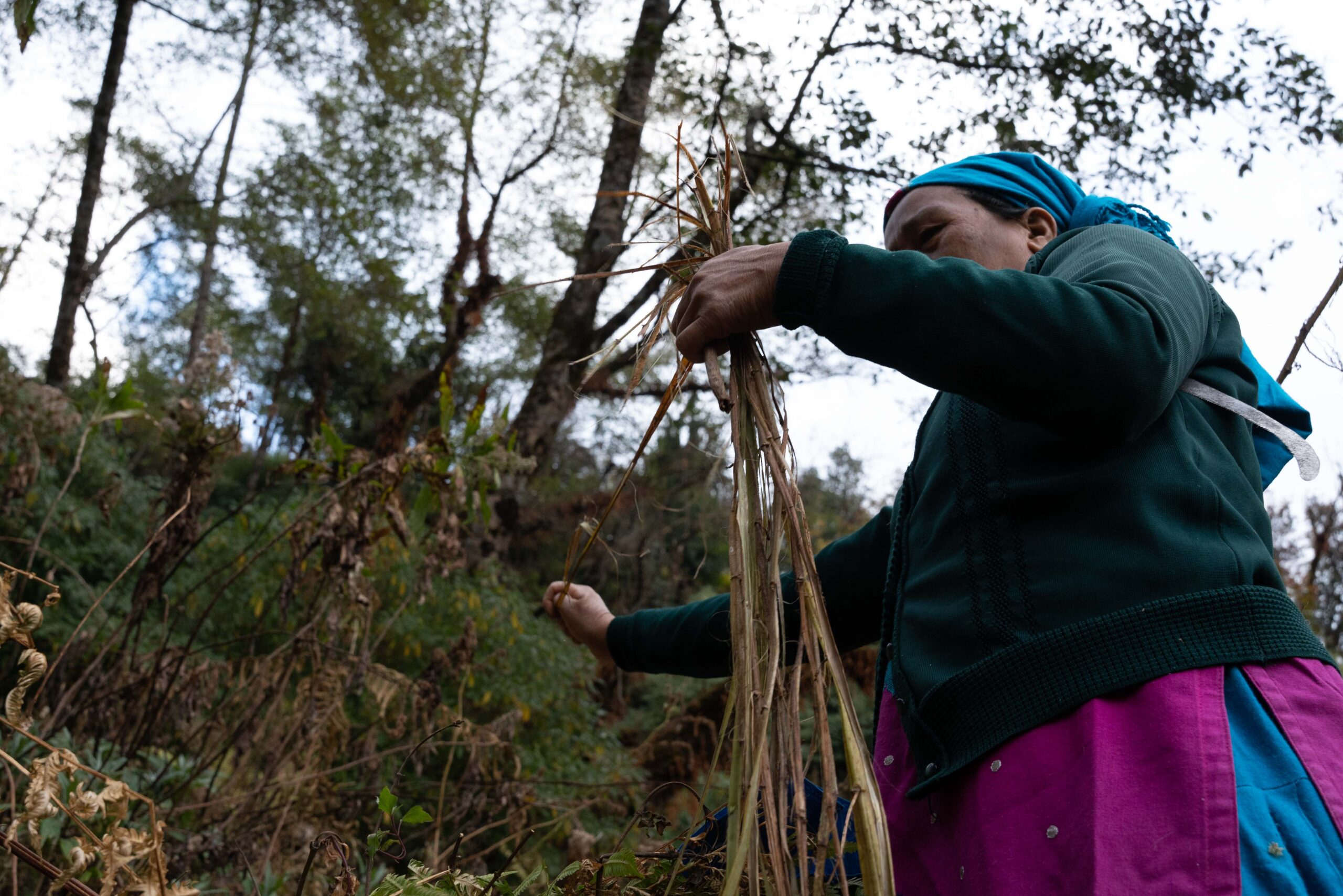
Our traditional handcrafting techniques begin with carefully selecting old nettle plants with dry stems, which makes room for new growth, akin to nature’s pruning. Once the hardy woody bits naturally fall off, skilled artisans meticulously handpick the best fibers. These fibers undergo a carding process and are then spun while still coarse using an organically crafted drop spindle, made from unused stems and a vegetable base for weight. This traditional method preserves ancient weaving techniques and ensures a high-quality product. By choosing nettle rugs, we embrace eco-friendly decor and support the sustainable practices and craftsmanship of Nepalese artisans. This helps to lower carbon emissions. We take pride in creating durable, long-lasting rugs, reducing the need for frequent replacements and the waste that comes with them. We also practice sustainable plant management by harvesting fibers responsibly, such as selecting older nettle plants to encourage new growth. This approach helps preserve the environment, improve soil quality, and capture more carbon dioxide.
Plant-based rugs from NP Rugs are a beautiful and sustainable addition to any home
As a leader in sustainable rugs in Nepal, we offer a variety of eco-friendly options that suit different styles and needs. By choosing plant-based rugs in Nepal, you’re enhancing your living space with natural elegance and positively impacting the environment. So, without any delay, explore our range of sustainable rugs and add a touch of eco-friendly beauty to your home today.
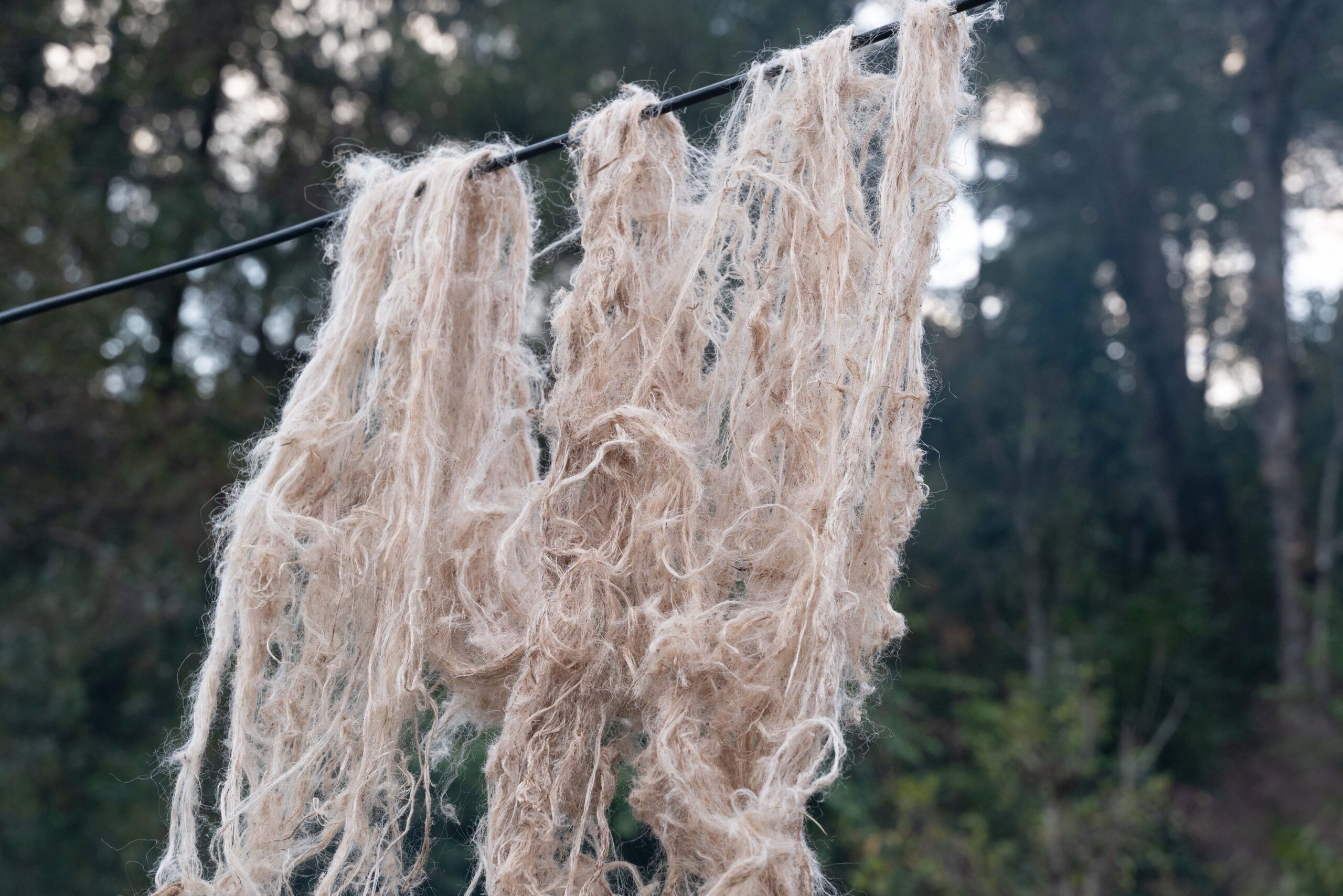
Nepali Wool process
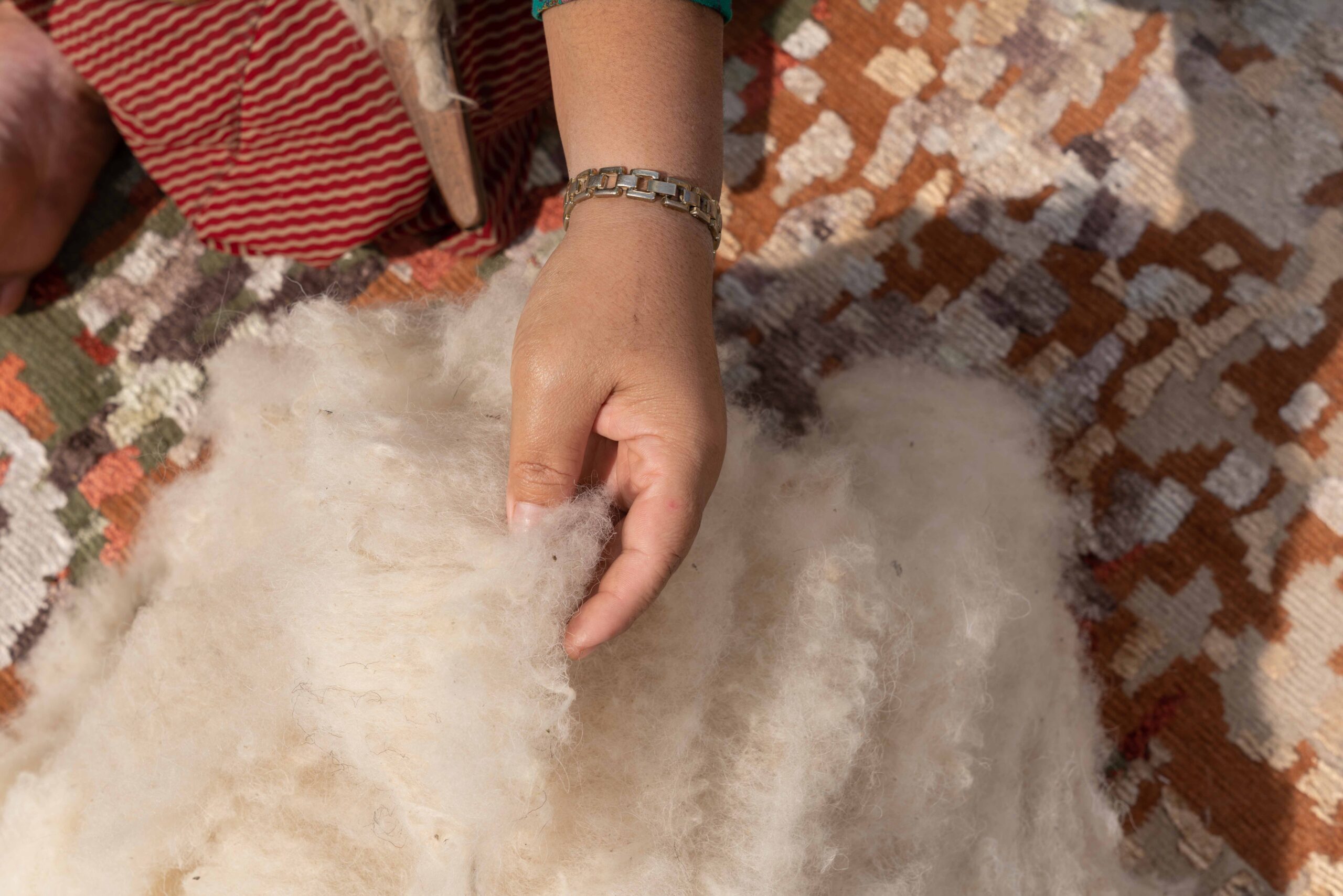
From the Himalayas to your home
Our Nepali woolen rugs come a long way. To understand why we chose Nepali wool specifically to create our rugs, we must start with the origin. To Northwest Nepal in Upper Mustang, 3800 meters above sea level, the source of our main wool comes from the native sheep breed called Chyalu, whose dense, luxurious wool thrives in extreme weather conditions. Each year, our skilled local herders carefully shear these sheep to ensure the highest quality wool. The fleece is later sorted, cleaned, and carded to create a smooth uniform texture.
Being professionally involved in herding for over 10 years, our skilled local herders have been maintaining a sustainable grazing approach to support pasture regeneration for the sheep, control weed infestation, and enhance soil health by using natural fertilizers. This approach not only yields high-quality wool but also provides herders with a sustainable income, fostering long-term farm management while ensuring the sheep are properly taken care of.
